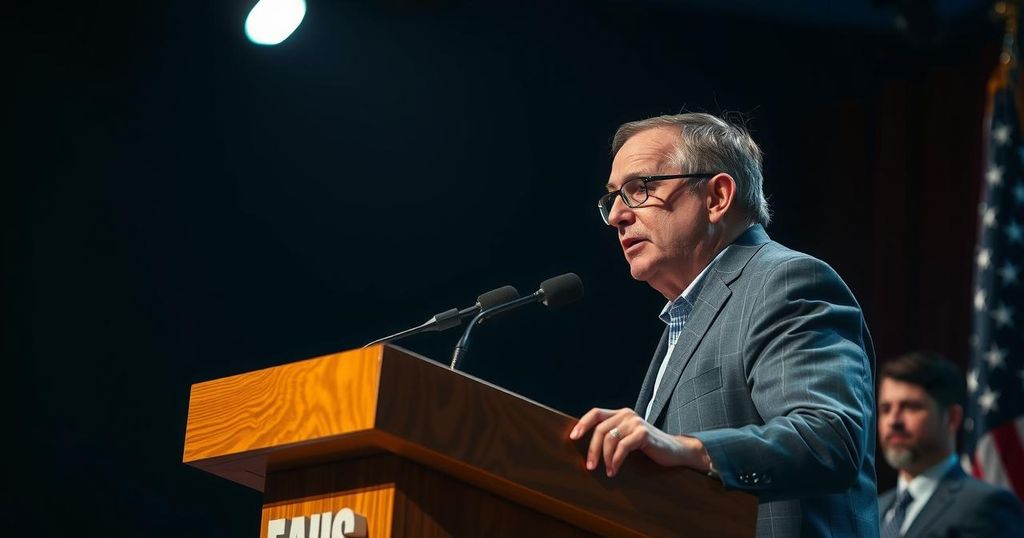At COP29 in Baku, Azerbaijan’s President Ilham Aliyev generated controversy with confrontational remarks against Western nations and strong advocacy for fossil fuels. His speeches raised diplomatic tensions, leading to backlash from European officials and skepticism about Azerbaijan’s commitment to climate goals, given its status as a fossil fuel-producing country. Aliyev’s rhetoric and Azerbaijan’s approach have raised questions about the sincerity of its participation in global climate efforts.
Azerbaijan’s President Ilham Aliyev has drawn significant criticism at COP29 in Baku, overshadowing crucial climate discussions with confrontational remarks and strong fossil fuel support. His opening address condemned Western hypocrisy and targeted countries like France and the Netherlands for alleged neocolonial practices, which has raised diplomatic tensions. Both French and EU officials have expressed their disapproval, labeling his comments as unacceptable and detrimental to the conference’s integrity. Moreover, Azerbaijan’s reliance on fossil fuels has further fueled skepticism about its commitment to genuine climate action, as Aliyev proclaimed fossil fuels a “gift from God” and defended the country’s production of fossil resources.
The context of the COP29 climate conference in Baku reveals a challenging atmosphere for international climate diplomacy. Azerbaijan is hosting the talks amid scrutiny regarding its environmental policies and human rights record. President Aliyev’s confrontational rhetoric, which includes accusations of neocolonialism directed at European nations, has not only created a rift with Western leaders but also led to questions regarding Azerbaijan’s role and motivations in climate dialogues. The situation is further complicated by Azerbaijan’s status as a fossil fuel-dependent nation, raising concerns about its genuine commitment to achieving environmental goals.
In conclusion, President Ilham Aliyev’s provocative rhetoric and firm stance on fossil fuels at COP29 have sparked controversy, undermining the conference’s climate agenda. Similar diplomatic conflicts, alongside concerns over Azerbaijan’s environmental commitments, hint at a broader struggle for consensus on pressing climate issues. This situation highlights the challenges confronted by countries with contentious human rights and environmental records in important global discussions. The developments at COP29 ultimately serve as a reminder of the complexities involving geopolitics and international collaboration on climate change.
Original Source: www.euractiv.com






